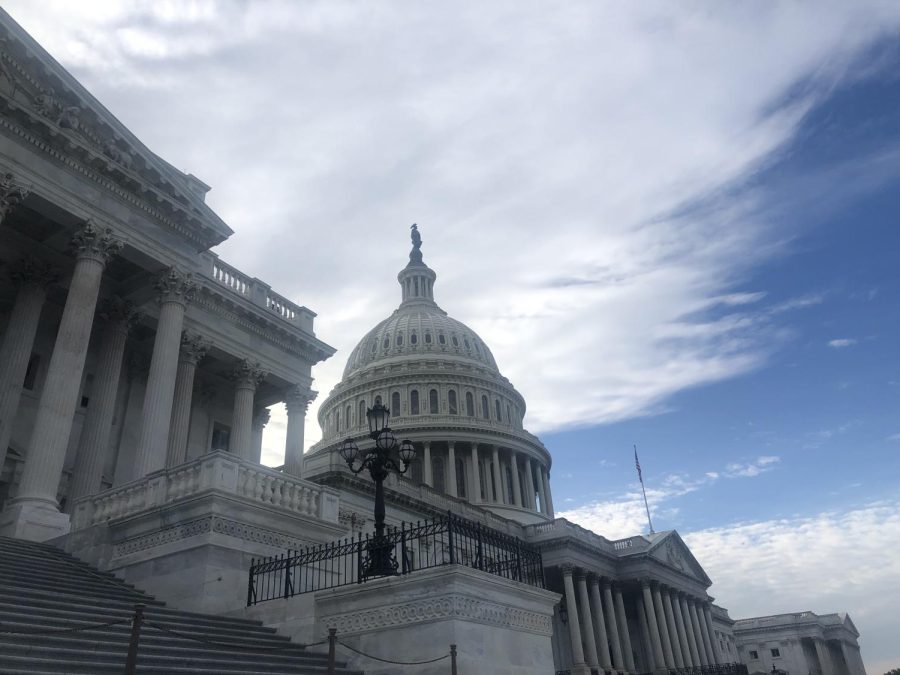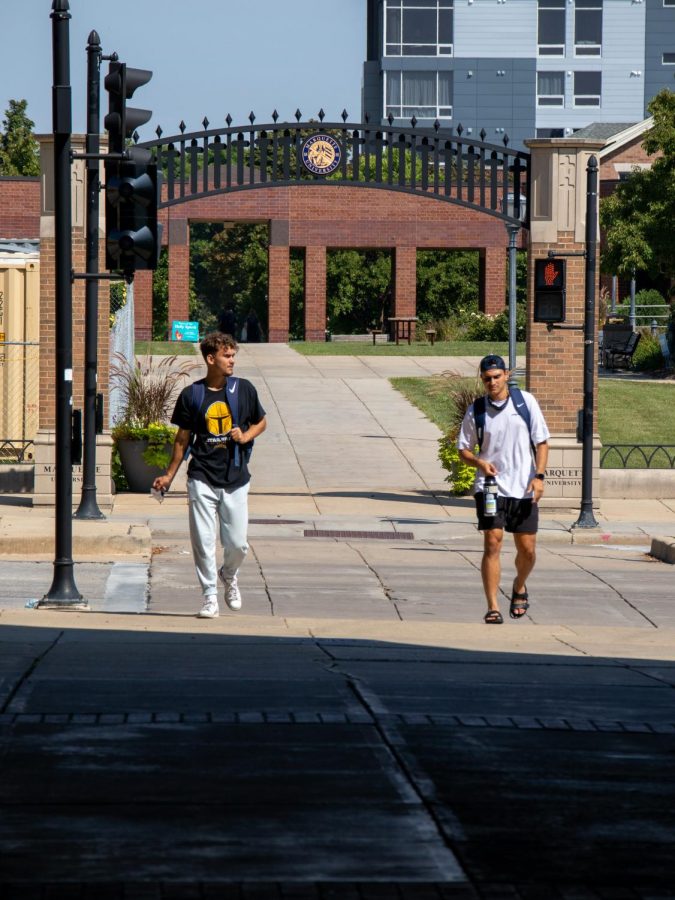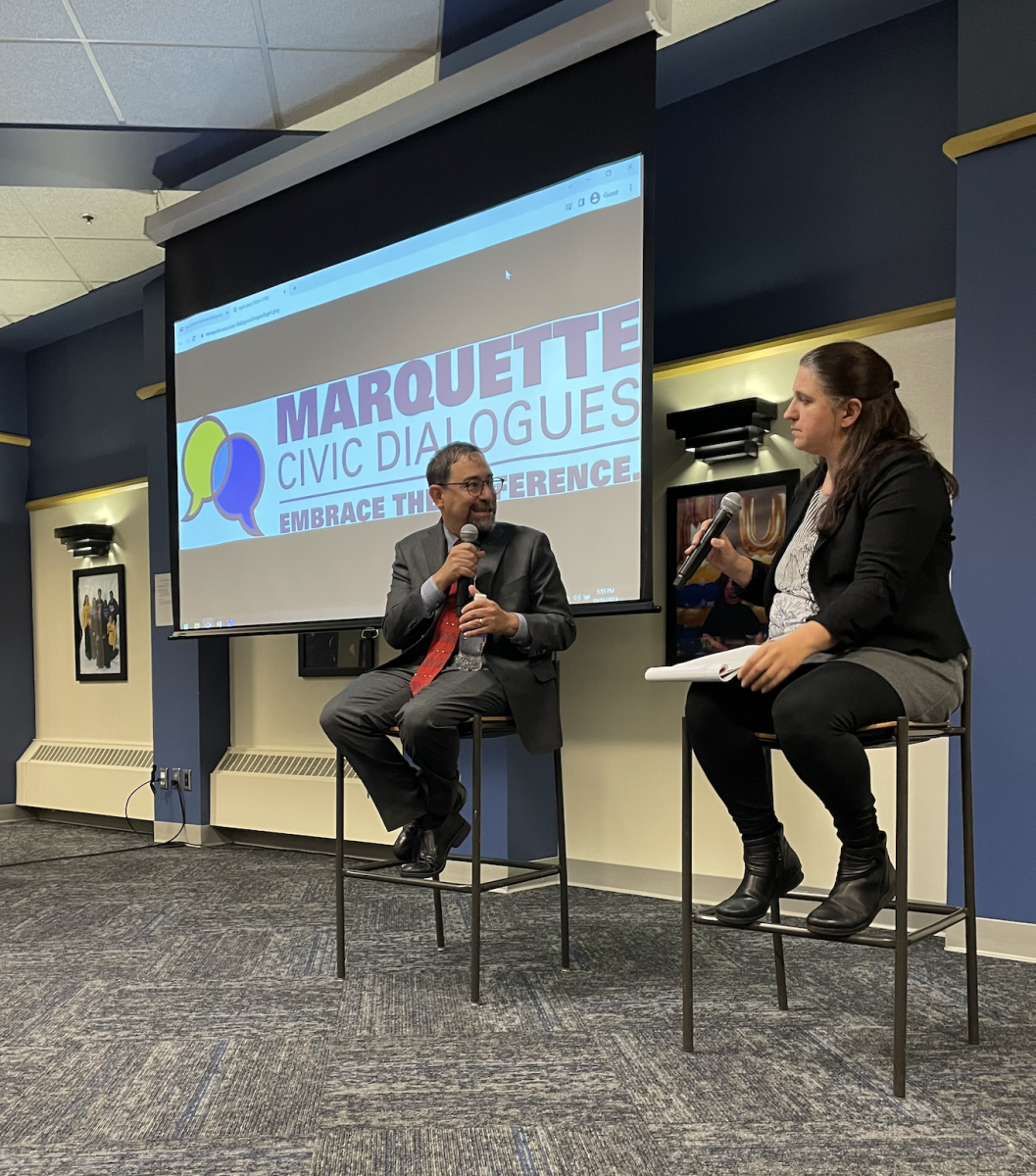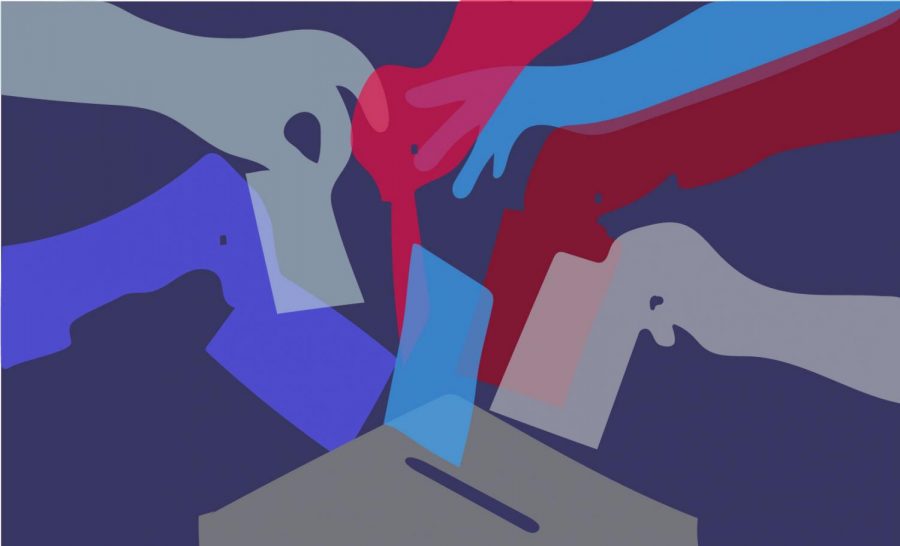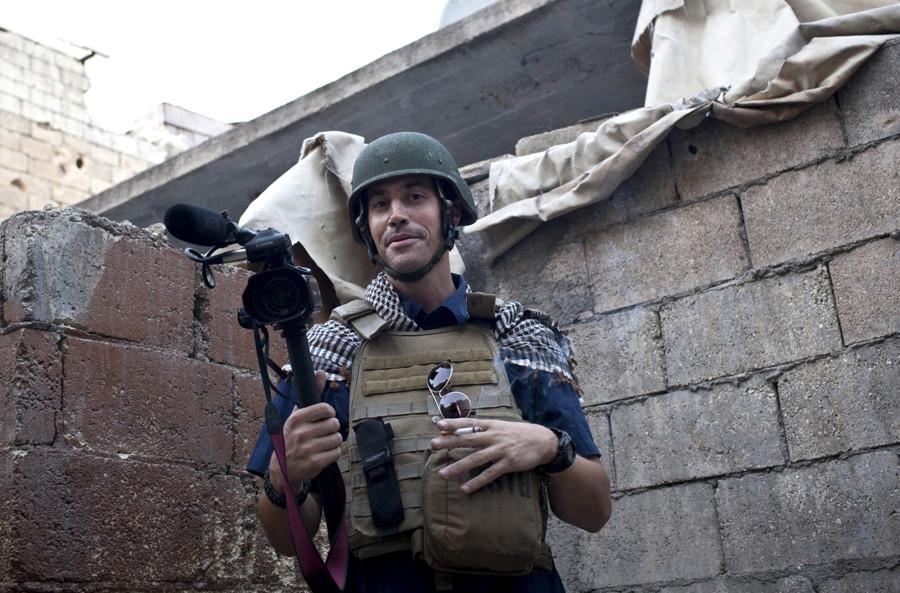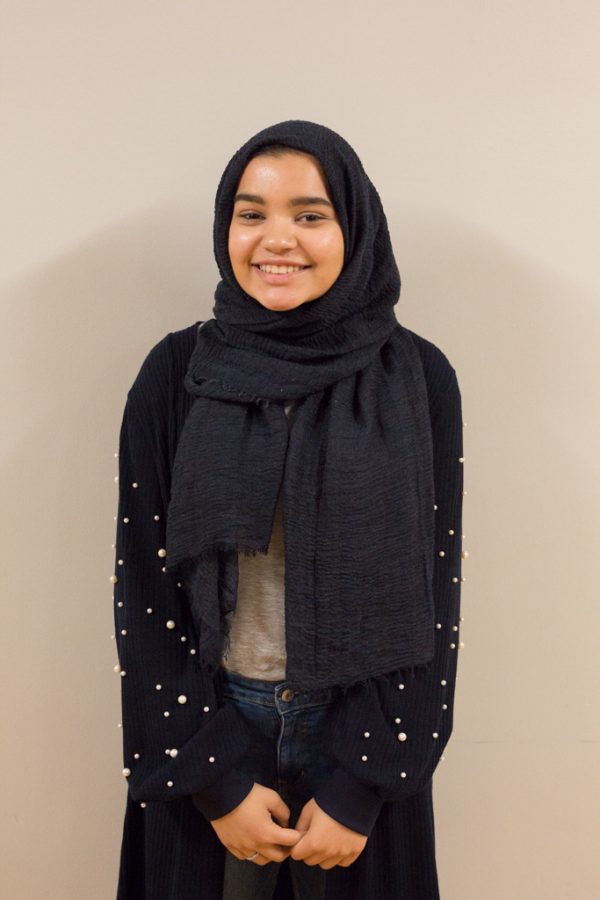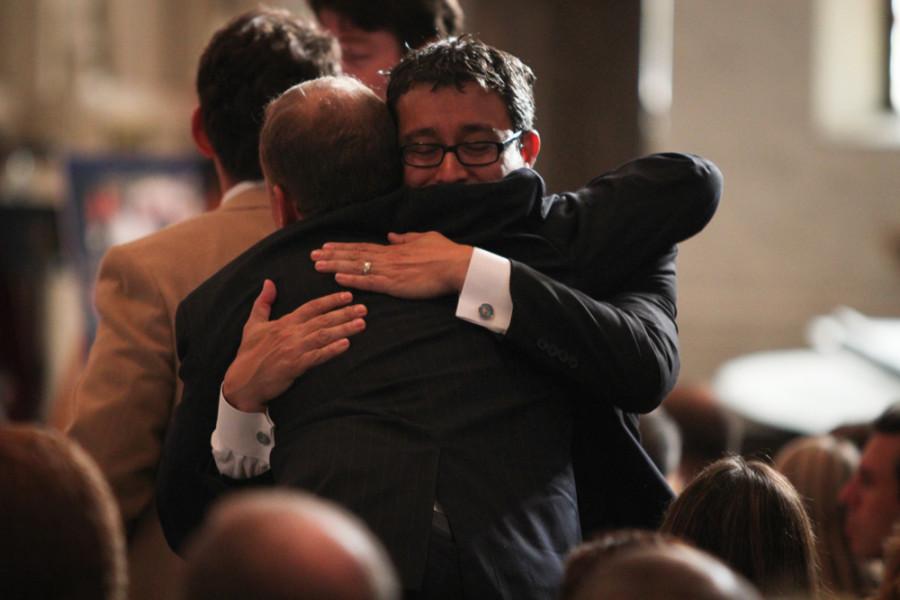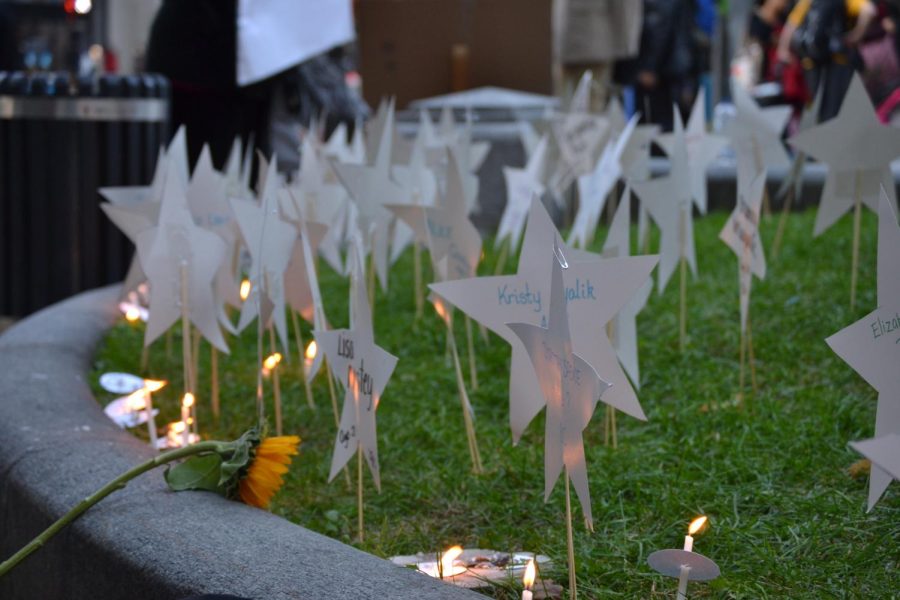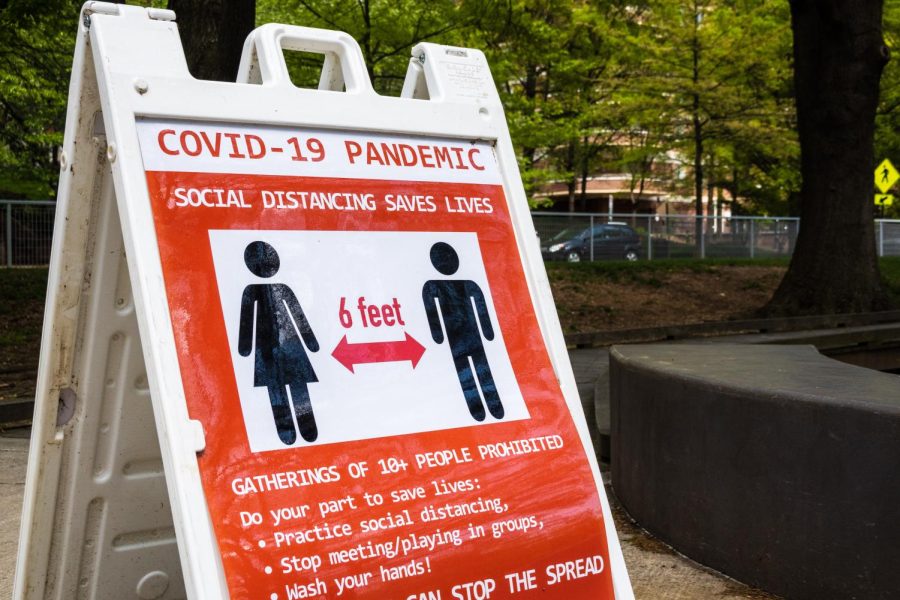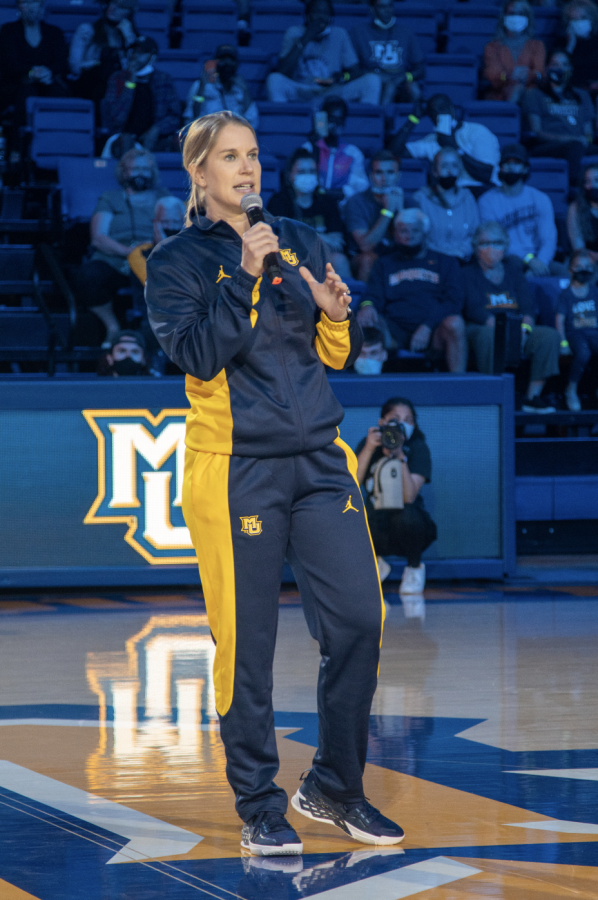Las Vegas investigative journalist Jeff German was stabbed and killed outside of his Nevada home Sept. 3.
German was a Marquette University graduate and over his years as a journalist, German had reported on politics, organized crime, the courts and more content with the Las Vegas Review-Journal. When he was killed, German was in the midst of reporting on claims of hostility in an office run by Clark County Public Administrator Robert Telles.
Sept. 8, Telles was charged with the murder of German after finding his DNA under German’s fingernails – suspected to be a result of defensive wounds.
One of the most horrific notions of German’s murder is that the public is left to assume he may have been killed because of his reporting. Although there are a lot of details still up in the air and unknown to the public, Telles – a public official and the subject of German’s reporting – being charged for German’s murder says a lot.
German’s welfare should never have been put in jeopardy as a result of his work. This murder is chilling in itself and also speaks to a larger issue about journalistic safety.
In 2014, another Marquette University graduate and journalist, James Foley, was slain at the hands of the Islamic terror group ISIS.
What we now recognize as one of the most murders in journalism was once a video uploaded to social media entitled, “A Message to America.” It contained footage of terrorists beheading Foley. An image etched into the minds of countless Americans and not just a story, but a reality for the late journalist’s family.
As a memorial to their son and a mission to create a safer space for journalists, Diane and John Foley created the James W. Foley Legacy Foundation – which has developed journalist safety curricula and advocated for hostages around the globe. This curriculum is used at Marquette University.
Still, danger to journalists persists.
Between 2014 and 2019, 1,500 journalists were arrested and 400 were kidnapped worldwide. Over 50 journalists were killed around the world in 2021.
There is no doubt that the people who commit these murders are barbaric, these kidnappings are ruthless and the arrests are calculated, but there is a bigger issue than the heinous workings of the human mind. We find that issue in the fact that a lot of the general public views journalists as threats rather than servants.
As of July 2022, Americans’ confidence in both newspapers and television news fell to an all-time low. Only 16% of Americans said that they had “a great deal” or “quite a lot” of confidence in newspapers – 11% in television news.
To answer the inevitable questions of why the trust in the media is so low, we can point to various sources of trouble including the divisiveness of our nation or possibly our former President Donald Trump stating that the press is, “truly the enemy of the people.”
The truth of the matter is this: The world could not function without the media.
The Washington Post’s tagline may have said it best – “Democracy Dies in Darkness.”
Democracy is dependent on transparency. If the general public does not know what is happening in the country and around the world, they do not know how to make informed decisions on what they stand for, how to vote and how their lives are affected by the functions of our democracy. When news is kept hidden – or in the dark – our democracy suffers.
Our democracy is reliant on the media as an informant. Journalists are public servants who uphold the function of our nation. Without constant factual news coverage, Americans would be left in the dark. Americans would remain unaware of what happens all across our nation from day to day. And that would leave us all in an uninformed and vulnerable state.
Journalist safety is essential to not only those who pursue a career in journalism but also to those who benefit from their acts of service. Universities should uphold their dedication to journalists by implementing journalism safety awareness to keep students aware and informed.
This story was written by Grace Cady. She can be reached at grace.cady@marquette.edu.


